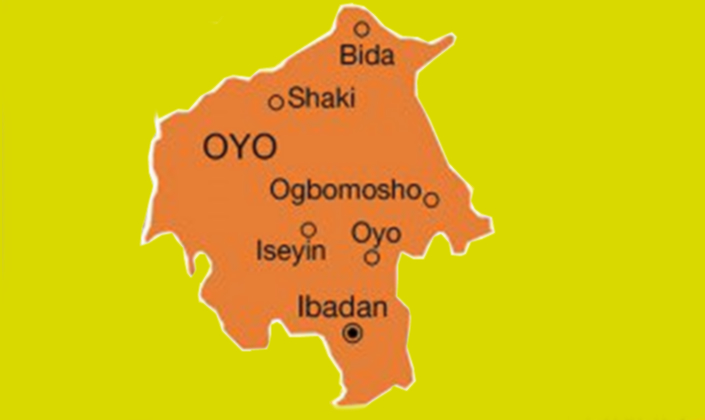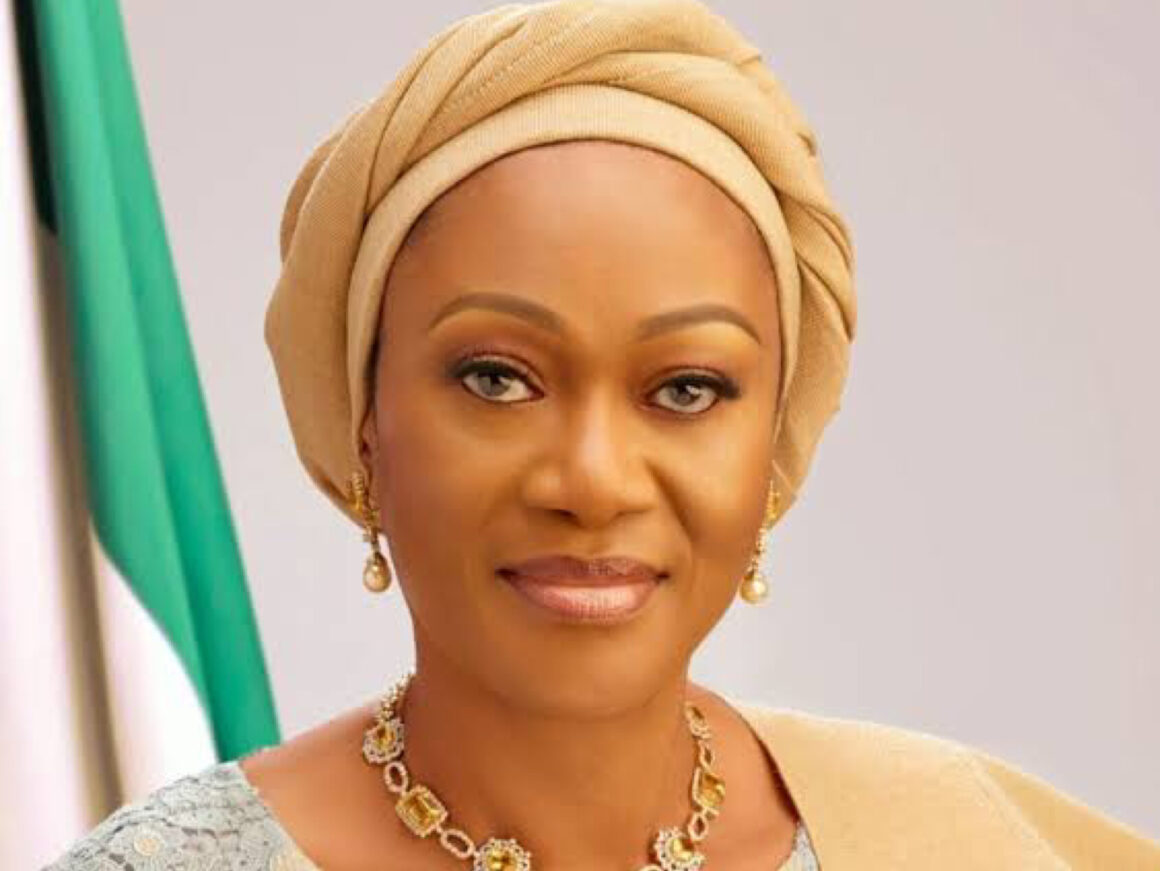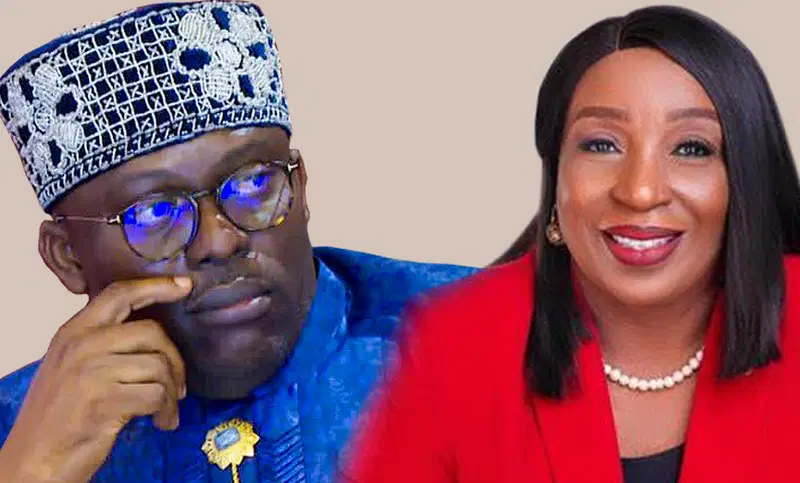News
Presidential aide rebukes Kemi Badenoch over citizenship remarks

Presidential aide Dada Olusegun has sharply criticised Kemi Badenoch, the UK Conservative Party leader, over her recent comments about Nigerian citizenship.
In a CNN interview with Fareed Zakaria on Sunday, Badenoch claimed that her children could not inherit Nigerian citizenship because she is a woman, highlighting what she described as the challenges of obtaining Nigerian nationality compared to acquiring British citizenship.
“It’s virtually impossible, for example, to get Nigerian citizenship,” Badenoch said. “I have that citizenship by virtue of my parents. I can’t give it to my children because I’m a woman.”
Olusegun reacted on Monday via his X handle, accusing Badenoch of misrepresenting Nigeria’s laws and tarnishing her native country. “Aunty @KemiBadenoch, why do you continue to lie against your motherland? Why this continuous, dangerous, and desperate attempt to malign Nigeria?” he wrote.
Citing Chapter 3, Section 25(1)(c) of the 1999 Constitution, Olusegun clarified that any child born outside Nigeria to a Nigerian citizen—regardless of gender—is automatically entitled to citizenship by descent. “This holds regardless of the father’s nationality,” he added.
Badenoch, born in the UK to Nigerian parents, spent part of her childhood in Lagos before moving back to the UK at 16. She is married to a Scottish banker, Hamish Badenoch, and they have three children.
According to Section 25(1)(c) of the Constitution, children born abroad to at least one Nigerian parent are eligible for citizenship by birth. This status grants full rights, including the right to freely enter Nigeria and constitutional protections. Gender does not limit this privilege.
While Nigerian law does recognise dual citizenship, Section 28(1) makes a distinction: those who acquire Nigerian citizenship by birth may hold another nationality, but those who gain it through registration or naturalisation risk losing it if they adopt another citizenship.
Additionally, Section 26(2)(a) of the Constitution allows any woman married to a Nigerian citizen to apply for citizenship. However, the reverse—foreign men married to Nigerian women—does not enjoy automatic rights and must apply through naturalisation, which involves more stringent criteria.
This clause might apply to Badenoch’s husband but not to her children, who, with a Nigerian mother and grandparents, are considered Nigerian citizens by birth under the law.
-

 News4 hours ago
News4 hours agoOpposition Reps raise alarm over alleged non-implementation of 2025 budget
-

 Business4 hours ago
Business4 hours agoCurrency outside Banks rises 10.2% as money supply expands
-

 World News4 hours ago
World News4 hours agoNigeria’s exports to Africa hits N4.82trn
-
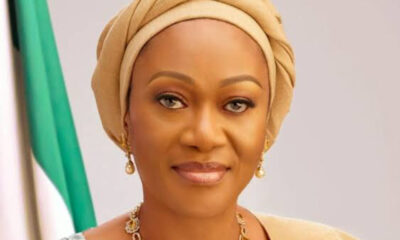
 National News4 hours ago
National News4 hours agoClean Energy key to survival, healthy living — Remi Tinubu
-
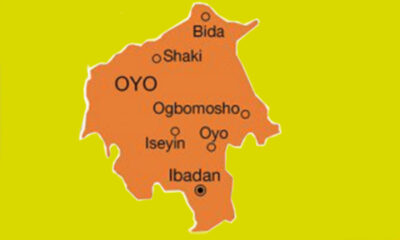
 Metro4 hours ago
Metro4 hours agoPolice Inspector killed as officers rescue kidnap victim in Oyo
-

 News38 minutes ago
News38 minutes agoBREAKING: Soludo orders closure of Onitsha Main Market over sit-at-home defiance


